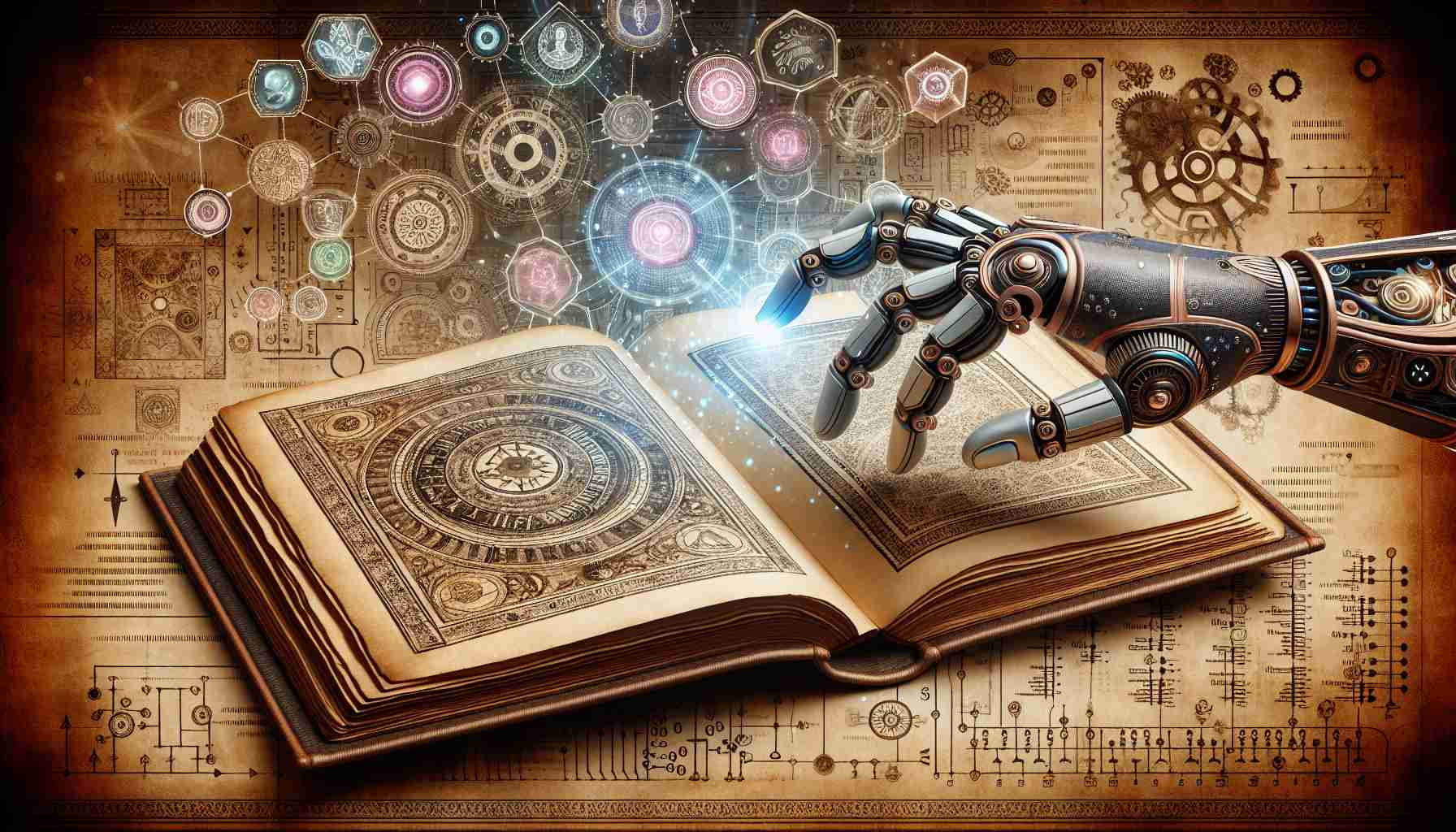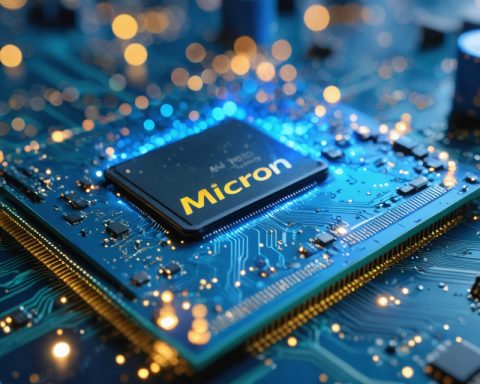The concept of artificial intelligence (AI) might seem like a modern marvel, but its roots stretch much further back in time than most people realize. The journey to AI as we know it today began in the mid-20th century, but the foundation was laid even earlier.
The term “artificial intelligence” was first coined in 1956 during the Dartmouth Conference. This event marked the start of AI as a field of study. However, the ideas that underpin AI can be traced back to ancient history. Greek mythology speaks of automatons and intelligent robots crafted by the god Hephaestus. Fast forward to the 19th century, when Charles Babbage and Ada Lovelace conceptualized “The Analytical Engine,” laying the groundwork for the idea of a mechanical brain.
The real breakthroughs came in the 1950s and 1960s, during the dawn of modern computing. Alan Turing, an influential figure in this era, introduced the concept of a machine that could simulate any intellectual task of a human in his seminal 1950 paper, “Computing Machinery and Intelligence.” This work laid the theoretical groundwork for AI.
By the 1980s, AI research had expanded into various areas, from expert systems to neural networks. Today, AI is revolutionizing industries worldwide, benefiting from exponential computational power and data accessibility.
Despite its ancient origins, AI has dramatically evolved in the last few decades, transforming from theoretical musings to one of the pillars of technological advancement. It is both a testament to human ingenuity and a glimpse into the possibilities still to come.
The Hidden Impact of AI: Shaping Our World in Unseen Ways
While artificial intelligence has ancient roots and a fascinating evolution, its current and potential impacts are reshaping societies in profound ways that extend far beyond sci-fi fantasies or tech giants’ boardrooms. As AI technology advances, it offers exciting new opportunities and presents significant ethical dilemmas.
Changing Lives Across the Globe
AI is revolutionizing healthcare by enabling more accurate diagnostics and personalized treatment plans. AI-driven applications can predict patient outcomes, which helps doctors make more informed decisions. Smart cities use AI to manage resources efficiently, reduce traffic congestion, and improve public safety through surveillance and quick data processing, thereby enhancing urban life quality.
Ethical Concerns and Controversies
As AI becomes more ingrained in daily operations, it raises ethical questions about privacy, security, and employment. Are we willing to sacrifice personal privacy for convenience when AI tracks our data? With automation poised to replace certain job sectors, societies must address potential workforce displacement. Balancing innovation with ethical responsibility becomes crucial.
How Long Has AI Been Around?
Artificial intelligence began to take shape with Alan Turing’s visionary ideas in the 1950s. However, its philosophical underpinnings can be traced back much further, with tales of mechanical beings in ancient Greek mythology. This deep history underscores humanity’s longstanding fascination with creating intelligent machines.
For more information and current developments in AI, visit IBM or Microsoft. As AI continues to evolve, understanding its implications will be essential for navigating the future.








